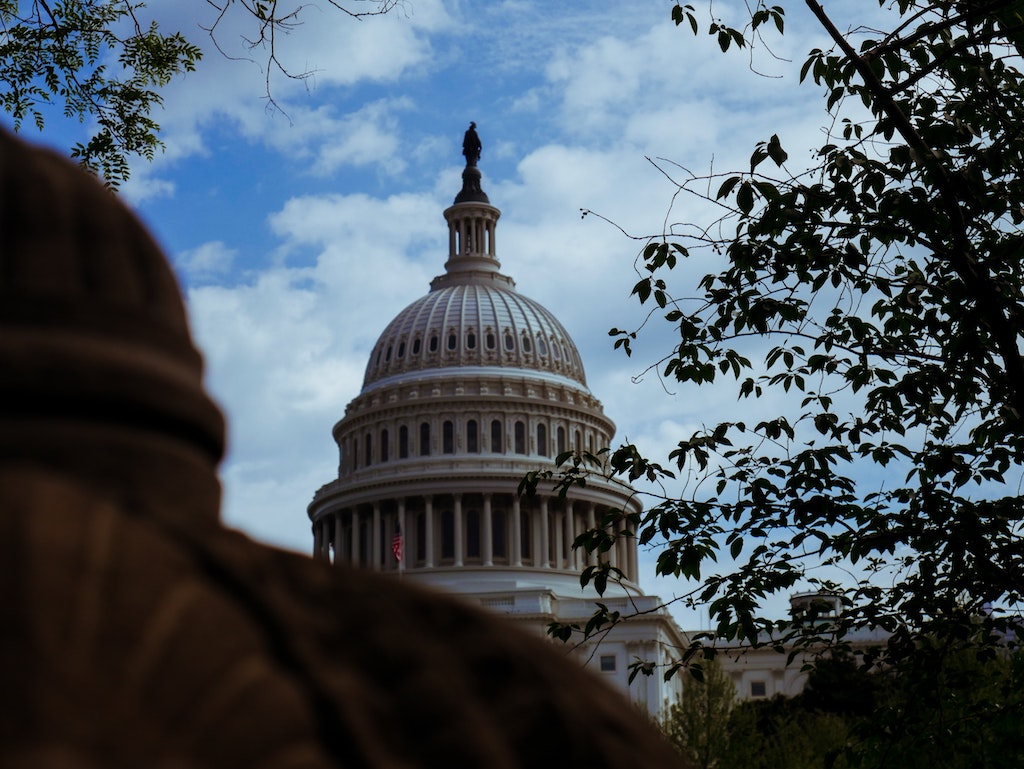As you might know, Congress has passed a second stimulus bill in the midst of the COVID-19 crisis. On December 21, 2020, a $900 billion stimulus package was approved, providing aid to millions of individuals in need through March of 2021. It’s likely that you are affected by this stimulus package in some way, even if only in the seemingly-smaller details. Please be aware of the highlights of this bill, as it could be a topic of discussion for you and your financial advisor in the context of your comprehensive financial strategy.
To help you determine the changes in store for you over the next few months, we’ve detailed how the stimulus bill will help individuals and businesses sustain themselves throughout these unprecedented times in our history.
This list does not include every piece of the new stimulus package. We encourage you to contact your financial advisor for more information on how this bill applies to you.
How the Stimulus Bill Affects Individuals
Economic Impact Payments
The new stimulus bill provides a refundable recovery rebate credit for 2020. Here’s what you should know:
- The amount of the rebate is $600 per taxpayer, $1,200 for married filing jointly, and $600 per qualifying child.
- The credit is phased out starting at $150,000 of adjusted gross income for married couples filing jointly and surviving spouses, $112,500 for heads of household, and $75,000 for single taxpayers.
- These payments are based on the information on your 2019 tax returns.
- The rebate is non-taxable and does not reduce your 2020 tax refund.
- Some have already received their payment, and those who have not can visit the IRS website to check on the status.
Above-the-Line Charitable Contribution Deductions
For the 2020 tax year, individuals who do not itemize deductions can take up to a $300 above-the-line deduction for cash contributions to qualified charitable organizations. This was put in place by the CARES Act, but now, this new stimulus package extends this above-the-line deduction through 2021 and increases the deduction allowed on a joint return to $600 (it remains at $300 for other taxpayers).
Mortgage Insurance Premium Deductions
The deduction for qualifying mortgage insurance premiums that was laid out in the CARES Act is now extended through 2021—after originally being due to expire at the end of 2020. The deduction is subject to a phase-out based on the taxpayer’s adjusted gross income.
Pandemic Emergency Unemployment Compensation
This bill provides supplemental unemployment support to those without jobs. As part of the Pandemic Emergency Unemployment Compensation (PUEC) program, individuals can receive an additional 11 weeks of federal unemployment benefits (after state benefits have been used to their full extent). Unemployed workers will also receive the Federal Pandemic Unemployment Compensation (FPUC) payment of $300 per week, which is set to expire on March 14, 2021.
How the Stimulus Bill Affects Businesses
Small Business Loans
As the initial wave of PPP loan recipients know, the funds are restricted to certain operational uses, such as payroll. Second Draw PPP loans, however, now extend to a more expansive list of costs: operations (software, human resources, and accounting needs), property damage (sustained during public disturbances in 2020 that were not covered by insurance), supplier costs (costs that are are essential to operations), and worker protection (items used to protect workers from COVID-19).
This second wave of loans is also focused more on small businesses that have been hit the hardest during the pandemic. To qualify, businesses must have 300 employees or below and be able to show a 25% reduction in revenue compared to this time in 2019.
Clarifications of Tax Consequences of PPP Loan Forgiveness
After businesses received their PPP loans in 2020, the tax implications of these loans were unclear. The newest bill has now clarified that taxpayers whose PPP loans are forgiven can deduct the eligible expenses paid with the forgiven funds. Originally, it seemed as though businesses would not be able to deduct expenses paid for with PPP money. This clarification is great news for the businesses concerned that they would have an unexpected tax bill this year.
Streamlined Forgiveness
Businesses that received PPP loans totaling $150,000 or less can now submit a one-page form to request forgiveness. Prior to this change, forgiveness was a complex process that was likely intimidating to many. If you have not yet requested for your funds to be forgiven, reach out to your bank or lender that the loan is through for more details.
Business Meals
This bill also affects the way that meals provided by a restaurant are deducted from a business’ taxable income. Business-related food and beverages provided by a restaurant are now fully deductible in 2021 and 2022, rather than the 50% that applied before. Takeout and delivery meals are also fully deductible.
Note: Please note that if food or beverages are provided at an entertainment activity, they must either be purchased separately from the entertainment or their cost must be stated on a separate bill, invoice, or receipt. This is required because the entertainment, unlike the food and beverages, is nondeductible.
Need help navigating the new stimulus bill?
With these changes, you may be wondering how this affects you personally. We can answer your questions as well as analyze your finances and create a long-term strategy. Contact us today to learn how we can guide you to help meet your financial goals.

